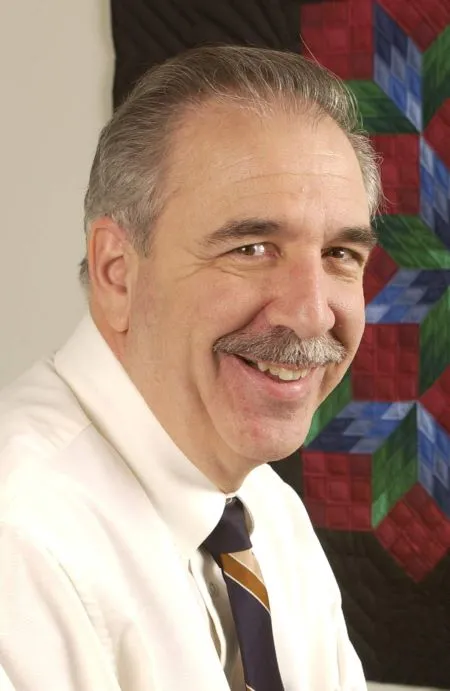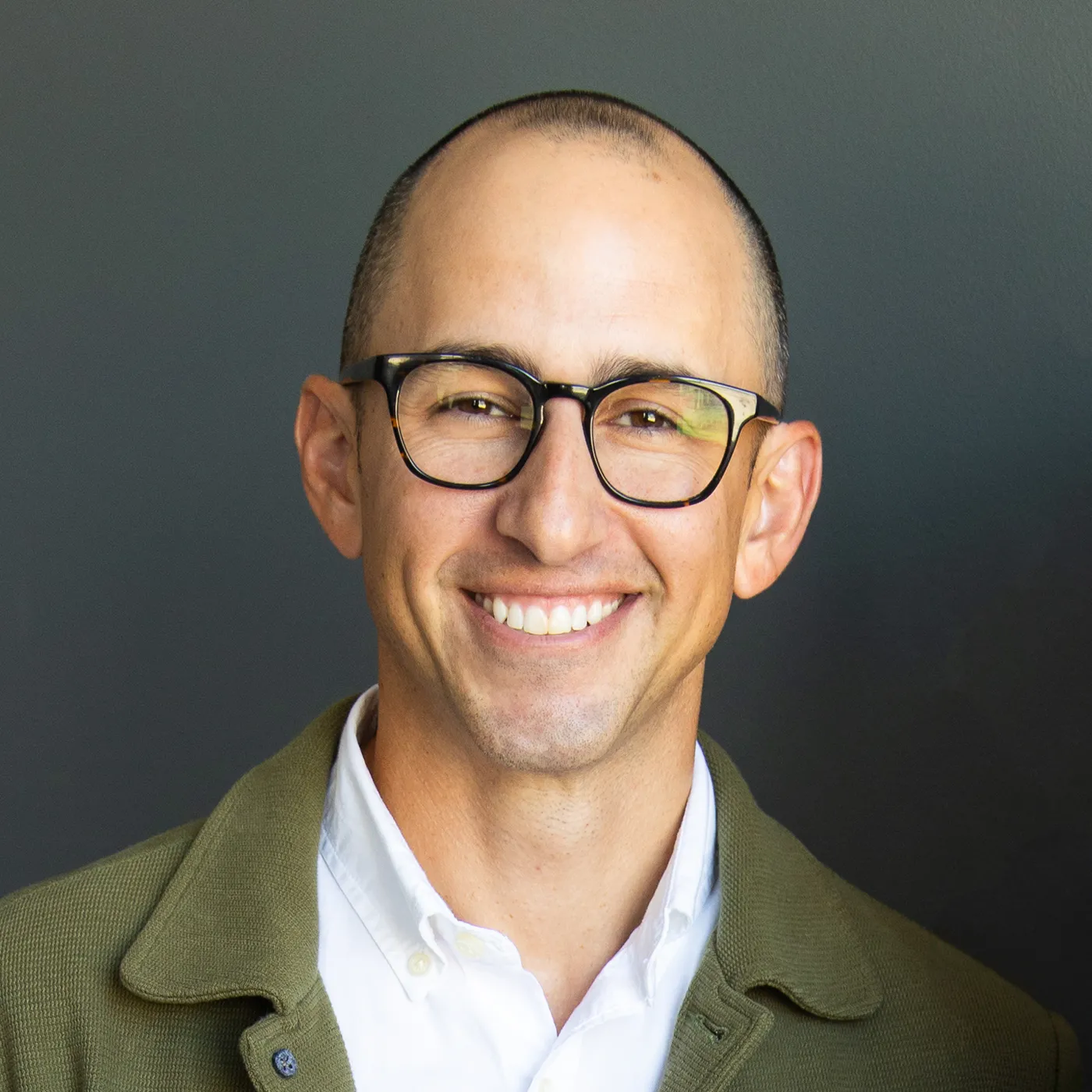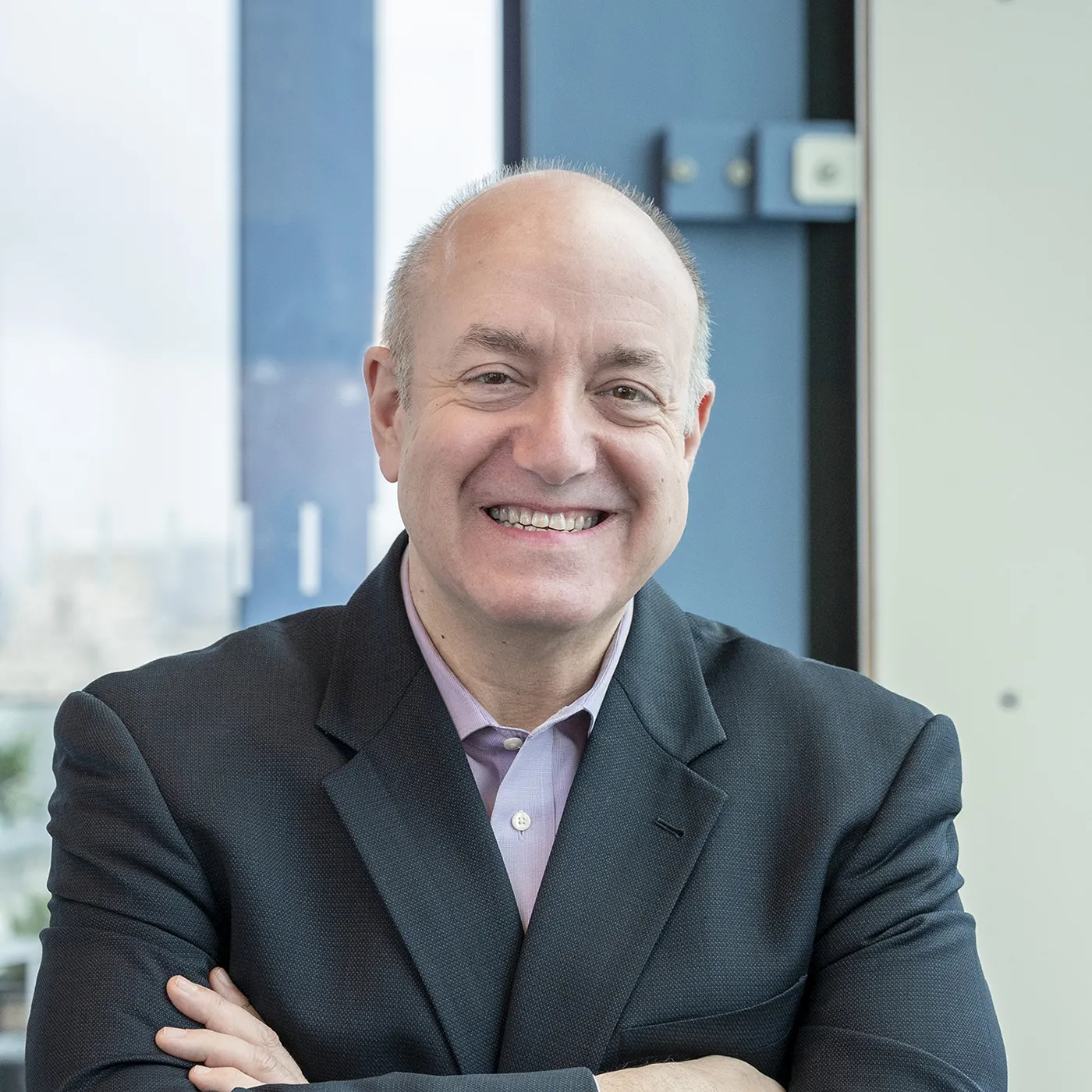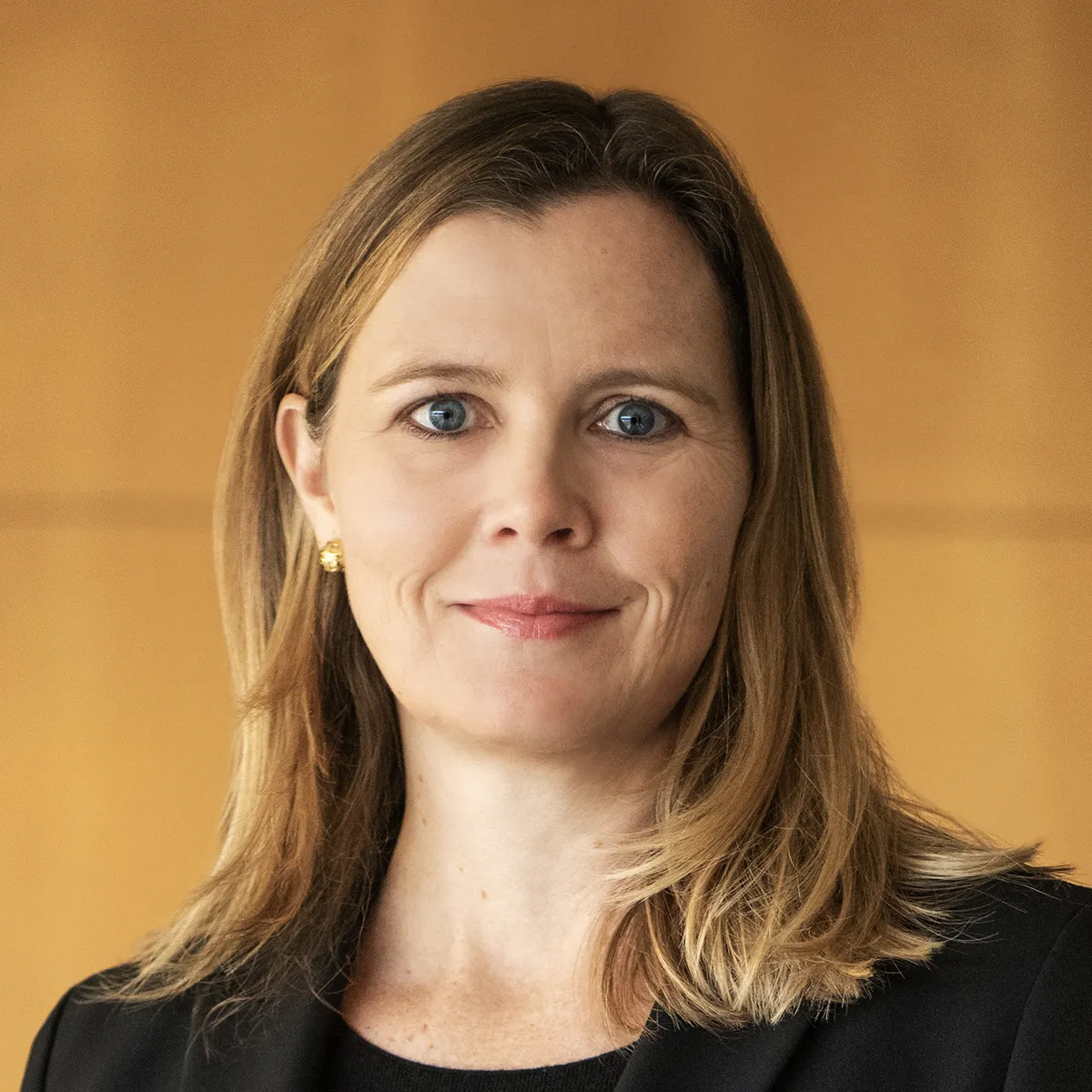David Goldberger, ’67: First Amendment Scholar and Litigator Focuses on Fairness

David Goldberger, ’67, says that his father’s primary messages to him as he was growing up can be summarized in three words: “fairness, fairness, fairness.” “My father was a businessman, but his view of fairness was the same as mine as a lawyer—Everyone must be treated equally under the law,” Goldberger said.
After graduation, Goldberger joined the American Civil Liberties Union of Illinois as staff counsel, and he became the Illinois organization’s legal and legislative director not long afterward. In 1977, when Nazi Party members were denied a permit to hold a march in Skokie (a predominantly Jewish community), Goldberger stood on the side of freedom of speech and equal treatment by the law, taking their First Amendment case all the way to the US Supreme Court and winning it there. Pitched controversy over that case reached local and national levels, and Goldberger received hate mail and
phone calls to his office and home that included death threats.
“My experience at the Law School had strongly reinforced my understanding that the law is made up of neutral principles that should apply to everyone no matter how off-putting they are, and Skokie was an application of that understanding,” he recalled. “Living it in the real world forced me to face my adulthood. I wasn’t a student anymore.”
After moving to Columbus in the 1980s to teach at Ohio State’s law school, he continued his connection to the ACLU by serving on the Ohio affiliate’s board of directors, as its general counsel, and as a volunteer attorney. He was counsel or cocounsel for the winning side in three more major First Amendment cases at the Supreme Court, establishing the right of prison inmates to exercise their religious beliefs, the right to distribute anonymous campaign literature on street corners, and the right of the Ku Klux Klan to place an unattended cross on the Ohio statehouse plaza near a privately
sponsored menorah during the holiday season.
“It’s fair to say that I was not very sympathetic to the specific political or social views of any of the plaintiffs in the Supreme Court cases I worked on,” he observed. “For example, the religious freedom case principally involved Satanists, inmates that prison officials believed were white supremacists, and some others with equally controversial beliefs. But they all were, in my view and the Court’s view, entitled to be treated equally, so long as they abided by Department of Corrections rules.” He also had a hand in establishing at the state level the right of gay couples to adopt children and the right of white couples to adopt African-American children.
He taught courses in constitutional law and the First Amendment until his retirement from Ohio State’s law school in 2009, and he also served for many years as the director of the school’s clinical programs. Since 2006 he has been part of an international team of 10 experts convened by the Warsaw-based Organization for Democratic Institutions and Human Rights. They draft guidelines for policies and regulations applicable to peaceful assemblies, review the draft policies of countries, and contribute their expertise to capacity-building training for human rights defenders to improve their knowledge of standards on freedom of assembly and skills in monitoring and reporting on freedom of assembly issues.
For his impacts as a litigator, scholar, advisor, and leader, Goldberger was honored in 2017 as the third recipient of the ACLU’s Norman Dorsen Presidential Prize. “That recognition came out of the blue, and it could not have meant more to me,” he said. “Norman Dorsen was a stalwart leader of the ACLU who made incredible contributions to our civil liberties. To be honored in his name by an organization that I cherish is an indescribable source of satisfaction.”
“My association with the ACLU enabled me to work on civil liberties cases and issues that were beyond my wildest imaginings when I graduated from the Law School,” Goldberger observed. “My education at the Law School provided the skills and the understanding of legal principles I needed in order to try to make a difference. For all of that, I am most grateful.”


